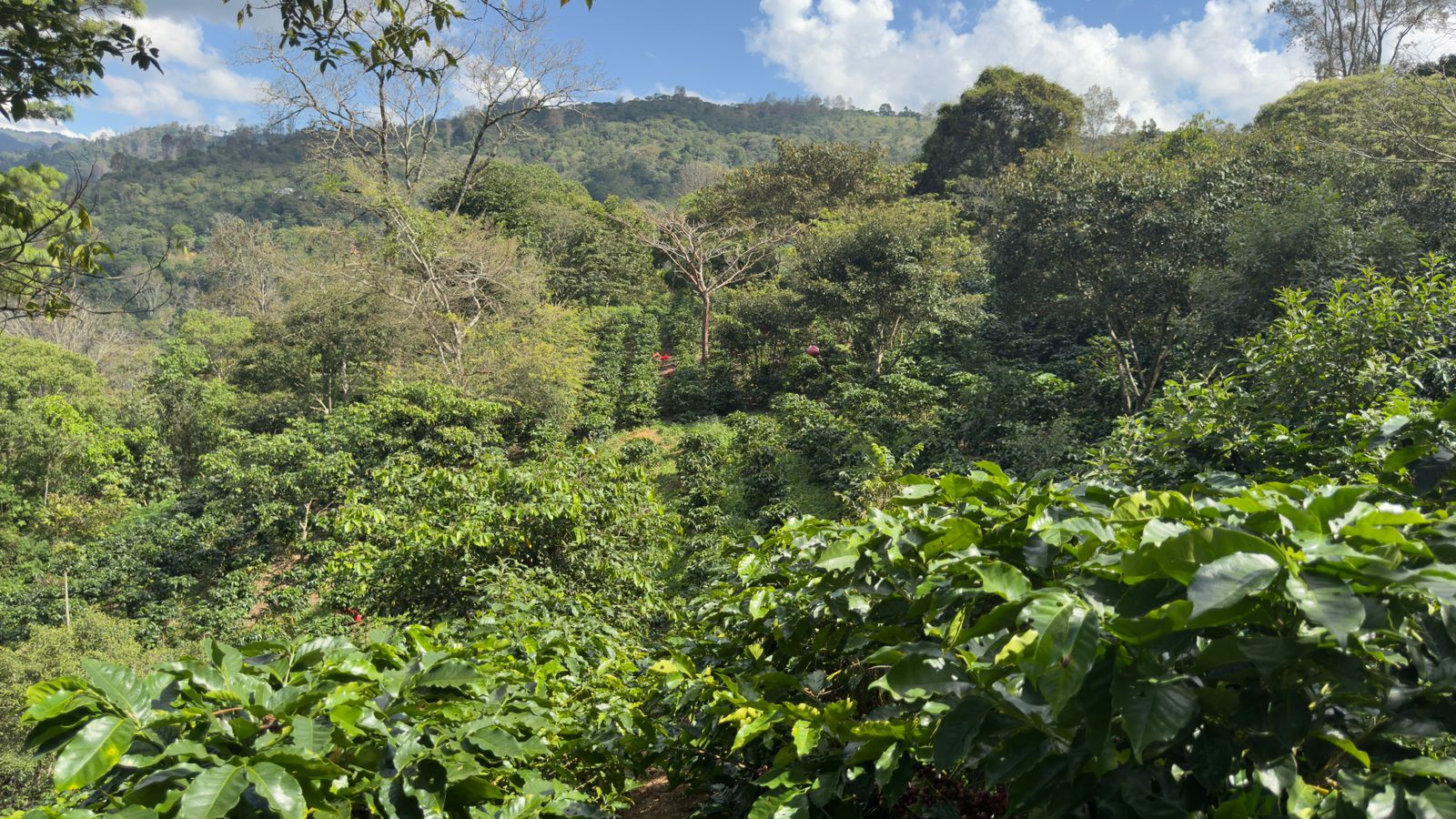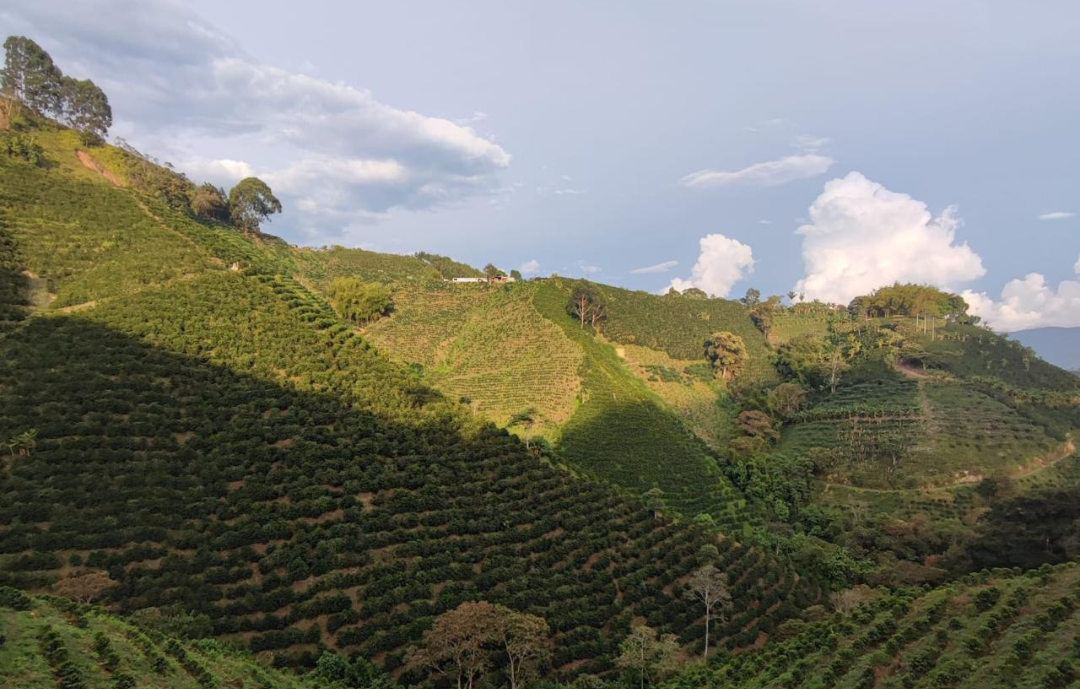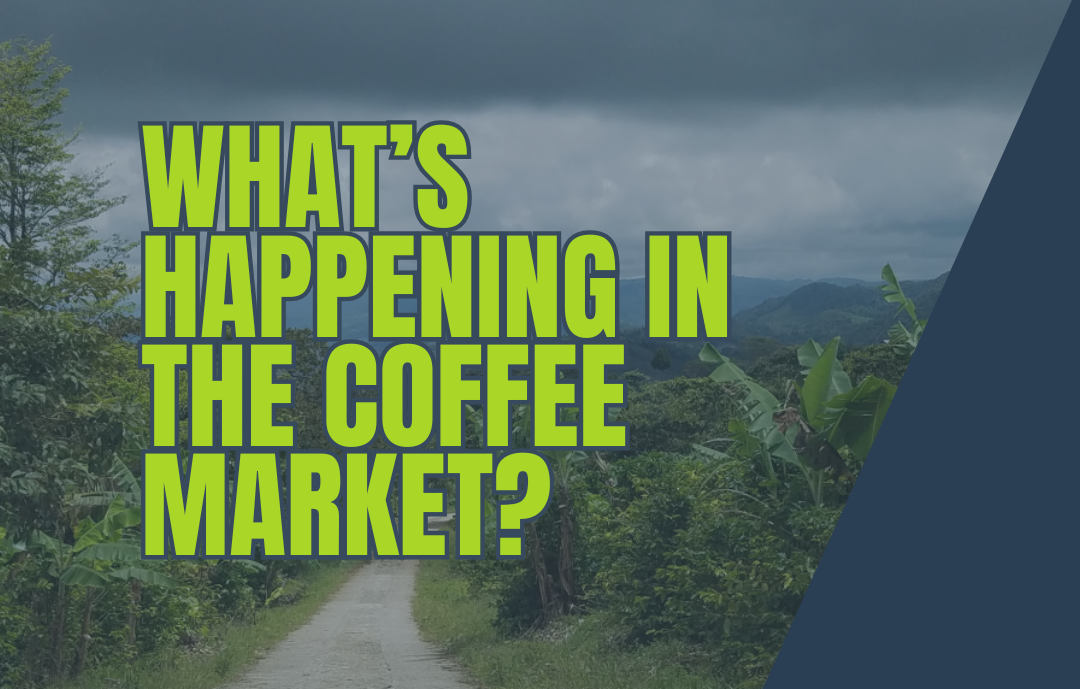EUDR Update: What Roasters, Traders, and Producers Still Need to Deliver
The EU Deforestation Regulation has shaken up the global coffee trade. What started as a bold step toward protecting forests has now evolved into one of the most complex regulatory shifts for the coffee industry.
The EU has extended its enforcement timeline, giving large businesses until December 30, 2025, and micro or small enterprises until June 30, 2026. This gives the industry extra runway, but the core rules still stand firm.
With new simplifications introduced, businesses are now figuring out what’s different and what still needs to be done.
Let’s break it down.
A Bigger Shift Than Just Paperwork
EUDR is more than a rule. It’s a major rework of how supply chains are expected to operate. At its core, it demands transparency. A clear link from EU shelves all the way back to the farm plot. That means geolocation data, proper records, and systems that many producers, especially small farmers, are still working hard to put in place.
What Has Actually Changed
Before, every shipment needed its own due diligence statement. For those handling many origins and regular shipments, it quickly became expensive and hard to manage. Now, there are three major changes that ease that burden:
● Companies can submit one due diligence statement per year instead of one for every shipment.
● If goods have already been cleared for the EU market and are reimported, the original documentation can be reused.
● Groups of companies can designate a single representative to handle reporting for all members.
This matters. It cuts paperwork, saves time, and offers predictability. Especially for roasters trying to plan sourcing and logistics in advance.
The Catch
The requirements haven’t disappeared. Every lot of coffee still needs to be traced back to the exact plot where it was grown. That means verified origin, plot-level geolocation, legal production documentation, and traceability submitted to the EU’s digital platform.
Annual reporting may save time, but it also comes with risk. If discrepancies show up months later, fixing them becomes harder. The timing of submission matters less, but resolving problems long after they happen could still be a serious challenge.
What This Means for Everyone Involved
Roasters and Importers
The shift to annual reporting reduces overhead and allows more space for strategic planning. But it still depends on strong documented supply chain. Without verified data to support each batch, the risk of penalties remains high.
Traders
This change brings major operational relief for businesses handling high volumes from multiple origins. It helps consolidate compliance efforts and reduce costs. But transparent sourcing remains essential and it can’t be skipped.
Producers
This is where things remain tough. Smallholder farmers still need the right tools, training, and legal understanding to keep up. The paperwork may be lighter, but building the systems to meet EUDR’s core demands is the real challenge. And the cost of compliance isn’t just on roasters—producers, cooperatives, exporters, and traders are all investing time and resources to keep pace.
Exporters in Origin Countries
There is some good news. Lower reporting costs could make the EU market a little more accessible for smaller exporters. But the hard work hasn’t gone anywhere. Full traceability, legal proof, and risk assessments are still part of the deal.
The Road Ahead
This is a step forward, but not a full solution. The recent simplifications help ease the process, but the main challenges are still in place. Many regions still lack the digital tools and infrastructure needed for compliance. The upfront costs remain high. EU risk classifications often don’t reflect the real efforts made by individual producers, especially in high-risk areas working hard on conservation. There’s also a gap in global alignment. While the EU pushes ahead, other markets lag behind, leaving producers stuck trying to meet different sets of rules.
What Coffee Businesses Should Do Now
Start building better sourcing records, that means investing in geolocation tools, setting up documentation systems, and training teams on compliance. For roasters and traders staying in the EU market, it’s time to register with the EU portal and get those annual reports in motion.
Final Thought
Yes, the rules are easier to follow now. But the responsibility has not gone away. The EU is serious about deforestation. This regulation is not just a legal obligation. It’s a shift in how the coffee industry will operate from here on out. Use this moment to upgrade the systems, safeguard market access, and shape a supply chain built to last.
EUDR Update: What Roasters, Traders, and Producers Still Need to Deliver
Posted by Admin
Blogs
EU Deforestation Regulation: Application May Be Delayed

EUDR UPDATE The European Commission is considering a fresh delay of the EU Deforestation Regulation (EUDR), potentially pushing the compliance deadline to December 2026. This furth...
Blogs
EUDR UPDATES: Breathing Room For Coffee Sectors?

A one-year delay has been granted to the EU's historic Deforestation Regulation (EUDR), which aims to reduce deforestation and forest degradation associated with EU imports. The Eu...
Blogs
Arabica Coffee Prices Under Pressure: What’s Happening in the Market?

The coffee market is in constant flux, with price shifts influenced by supply, demand, and external economic factors. Recently, Arabica coffee prices have come under pressure due t...